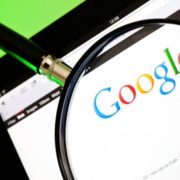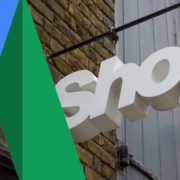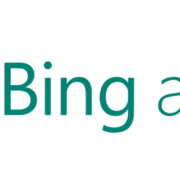B2B Marketing: Paid Search Edition
Effective paid search strategies are difficult to get right. You may have problems with budget, creative content, channel decisions and more. However, one of the biggest problems marketing departments have with the effective search engine advertising is your audience. Paid search is an excellent tool to capture your leads in a fast and efficient way.
An important note on B2B in general is that the sales cycle is generally much longer. It can take up to three to six months or more to see the benefits of your strategy. Be prepared for this and to see PPC return on investment farther down the road than what you would potentially expect for B2C.
At the core of the strategy, a B2B PPC campaign is just like a B2C one. You have campaigns, ad groups, keywords, and so on, just like B2C—but the important note is to keep the market characteristics in mind.
1. Research
For really any B2B PPC situation, you’ll have to dig in and conduct some serious research to run a top-notch B2B campaign. Why, you may ask? Because even though you might understand your market inside and out, applying it to the PPC channel is a different matter, one that’s full of risk areas in terms of targeting.
The important key takeaway is even though you understand your market, be aware that Google and Bing do not. Their platform will try to match you to as many types of keywords as possible. So stay on top of your search query report and keyword research.
2. Keywords
Keyword research are essentially the same for B2B as they are for B2C. One difference, however, is the preponderance of acronym searches in B2B. Whatever your industry, find out what words the customers are using. For example, an acronym such as “GPR” gets four times the search volume of “ground penetrating radar.” It’s all about understanding the search behavior of your potential customers.
When it comes to bidding and CPCs, they can be all over the board, just as in B2C. Without a doubt, though, there’s more room for “loose” bidding when you’re talking about high-dollar items and services. In other words, B2B typically has higher profit margins, so small increases in CPC isn’t really as big of a deal.
3. Tracking & attribution
If you have any experience with B2B, you know that tracking and lead attribution is a very challenging task. Different from an e-commerce B2C strategy, a lead generation strategy will need to be able to collect data from multiple sources and bring it back together to get a clear picture of performance. There are many ways you can track your paid search performance, Onimod Global experts prefer to use the UTM (Urchin Tracking Module) information onto URLs. If you are unsure of how to set this up, first check out Google’s URL Builder Tool as a solid starting point.
Contact Onimod Global
Looking for an agency to completely transform your B2B strategy and skyrocket your lead generation? Reach out to us here!
Onimod Global releases the latest digital marketing news and essential marketing tips every Tuesday and Thursday! To catch up on the top digital marketing news and trends, click here. To find out more about who we are and what we do, click here.










